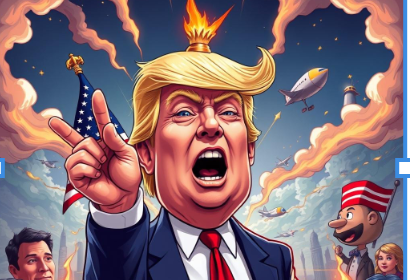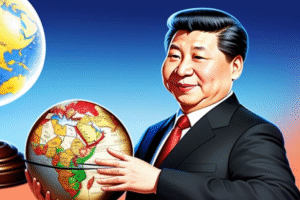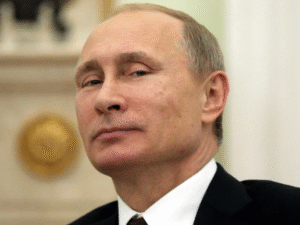$RSX $BTC $USD
#Putin #Trump #Russia #Ukraine #Ceasefire #Geopolitics #MarketImpact #Investing #Crypto #Forex #Oil #Economy
U.S. President Donald Trump and Russian President Vladimir Putin are preparing to discuss a proposed 30-day ceasefire in Ukraine, a development that could have significant geopolitical and financial implications. The negotiation comes amid ongoing tensions between Russia and Western nations, with global markets closely watching for any signs of progress in de-escalating the conflict. Investors in Russian assets, including the now-suspended VanEck Russia ETF ($RSX), have experienced extreme volatility due to sanctions and economic instability. The ceasefire discussion could bring temporary relief to Russian markets, while also influencing global oil prices and the value of the Russian ruble. Meanwhile, foreign exchange traders anticipate potential fluctuations in the U.S. dollar ($USD) depending on the perceived impact of the ceasefire on international stability.
The cryptocurrency market, particularly Bitcoin ($BTC), may also see price movements tied to the outcome of the talks. Since the onset of wartime economic sanctions, cryptocurrencies have served as an alternative financial channel for Russian entities navigating global restrictions. A potential ceasefire could ease concerns about continued capital restrictions, driving alterations in crypto demand. Bitcoin has been closely watched as both a safe-haven asset during geopolitical uncertainty and a tool for circumventing traditional financial systems. If negotiations signal a shift toward de-escalation, investors might pivot away from crypto’s risk-on trade and back into traditional markets, affecting global liquidity trends.
Oil markets remain another crucial focal point in light of potential ceasefire developments. Russia remains a key global energy supplier, and any diplomatic breakthrough could lower war-related risks in energy transportation. Crude oil prices have remained elevated due to supply chain disruptions triggered by the conflict, and any move toward de-escalation may result in downward pressure on prices. Economists will also be evaluating how energy-dependent European markets react, as several EU nations have had to adjust their energy-import reliance due to sanctions on Russian crude. Stability in oil prices following a ceasefire could help ease inflationary pressures globally, which in turn may influence central bank policies on interest rates.
Broader financial markets are likely to reflect a more cautious stance as investors assess the outcome of Trump and Putin’s discussions. Equities could experience short-term gains if optimism over a ceasefire grows, while defense-sector stocks might see some volatility amid shifting geopolitical expectations. The foreign exchange market will be particularly sensitive to how the Russian ruble reacts, as sustained war-related economic pressure has weakened its stability. As the call between Trump and Putin unfolds, traders and policymakers alike will be watching for any signals indicating future peace agreements or prolonged uncertainty. Any resulting diplomatic shifts from the negotiations will likely set the tone for financial markets in the near term, with implications reaching from commodities to global economic policy decisions.











Comments are closed.